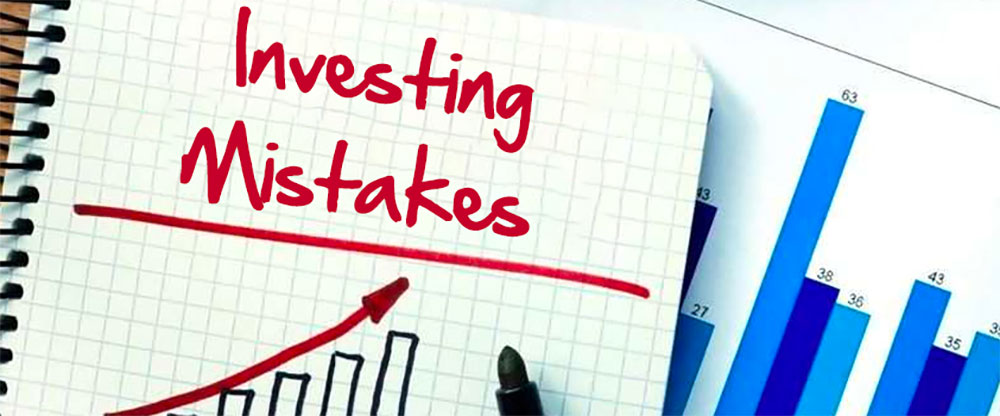
Investing is fundamentally about placing your money into assets like shares or real estate with the hope that they will grow and produce profits or income over time, even if it can sound complicated and is frequently placed in someone’s “too-hard” basket. It really is that easy!
Why should you invest?
Prior to delving into the benefits of investing, it’s crucial to remember that having money saved for unforeseen costs or emergencies can be quite beneficial. Savings, for instance, are simply accessible and instantly available if you need to access funds fast in an emergency; this may not be the case with investments. Additionally, savings are beneficial for short-term financial objectives since you can predict the exact amount, whereas most investments might have significant short-term value variations owing to market volatility. Lastly, you might want to think about whether less risky methods of increasing your wealth, like saving, are a better fit for you if you have a low risk tolerance, which means you’re highly sensitive to value changes (for example, your portfolio value drops 20% one day and you panic sell as a result). Risk is a part of investing, and the best way to find out if it suits you is to perform your own study.
Having said all of that, increasing one’s wealth is the primary motivation for investing.
We are taught as children that it is generally safe to keep money in a savings account. But our parents frequently overlook the fact that savings accounts typically yield low returns.
Investing has the potential to make your money work for you, which is why we at Friends That Invest like it. This development can assist you in reaching important financial objectives, including purchasing a home, paying for schooling, or aiming for a comfortable retirement. But it’s crucial to keep in mind that investing is risky. As a result, investors need to be aware of both the chance of losses and the potential for development. The key to successful investing is to have a long-term time horizon.
Types of investments
There are many different kinds of investments, each with a different potential return and degree of risk:
- Shares: Having a tiny stake in a business and seeing your money grow as the share price increases. Due to market volatility, shares carry a higher risk even though they can yield large rewards.
- Bonds: Lending money to governments or businesses that will eventually repay the debt plus interest. Although they offer lower returns than shares, they are typically less risky.
- Managed funds and exchange-traded funds (ETFs): Professionally or computer-managed collections of stocks and bonds that provide diversification and lower risk. For newcomers, these are a fantastic place to start.
- Real estate: Property can produce rental revenue and increase in value over time. Although it can be quite profitable, it requires a large initial commitment.
- Alternative investments: These comprise commodities, cryptocurrency, and artwork. Although they can yield large returns, they are frequently riskier and more speculative.
Knowing well return and risk
There is some risk associated with every investment. In general, risk increases with possible profit. Never forget to determine your level of risk tolerance before investing. While those who are getting close to retirement would favour the stability of bonds, younger investors might choose riskier investments like stocks. However, just because an investment is hazardous does not guarantee that you will profit more from it. You might not get a higher profit by taking on more risk.
The compounding effect.
The potential of compounding is one of the strongest arguments for early investment. When the profits from your investments produce profits of their own, compounding takes place. This may cause your investment portfolio to grow exponentially over time. A small investment made in your 20s, for instance, can increase significantly by the time you retire. Generally speaking, assuming a 7% rate of return, your money doubles every ten years. But it’s crucial to keep in mind that compounding won’t help you if your investment’s market value drops.
Getting started
You don’t need a lot of money to begin investing. You can start with a small sum on several platforms. The secret is to first educate yourself, establish specific financial objectives, and build a diverse investment portfolio. To create an investing plan that fits your needs and risk tolerance, think about speaking with a financial counsellor.
In conclusion
One effective strategy for increasing wealth and achieving financial security is investing. You may make wise decisions that can lead to a better financial future for your family and yourself by starting early and knowing the fundamentals.
















